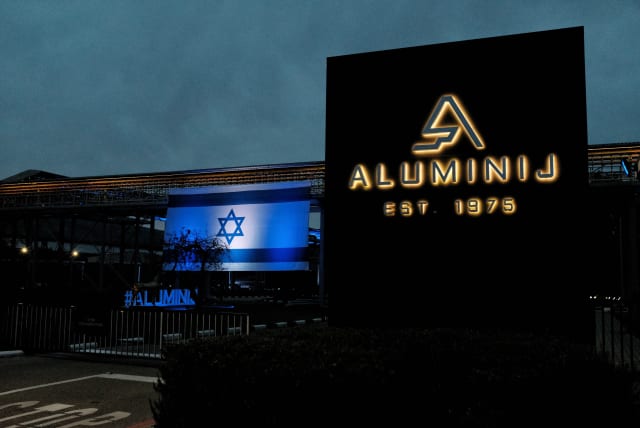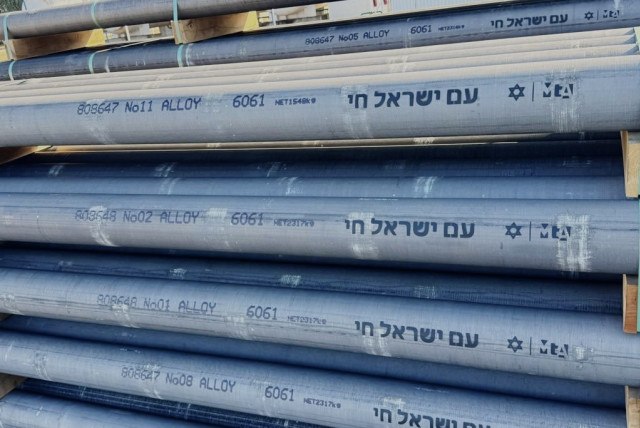Aluminum diplomacy: Israel turning from Turkey to Bosnia for trade imports?

Israeli CEO of Bosnian company Aluminij reveals increased exports to Israel amid Israel-Hamas war.
Aluminum exports to Israel from Bosnia and Herzegovina-based Aluminij have been growing since November, said Israeli CEO and Founder Amir Gross Kabiri, who attributed the increase to Israeli consumers preferring not to import from Turkey and other “unfriendly” countries during the Israel-Hamas war, and criticisms of Israel that have come with it.
While his factory has consistently exported aluminum to Israel, in the last four months, Kabiri has seen an increase of around 30% in exports to Israel.
Turkey announced on Tuesday that it would restrict exports of a wide range of products to Israel, including steel and jet fuel, until a ceasefire is declared in Gaza, the Turkish Trade Ministry said. The sanctions follow an Israeli rejection of a Turkish request to participate in an airdrop of aid.
The measures will apply to the export of products from 54 different categories, including iron, marble, steel, cement, brick, fertilizer, construction equipment and products, aviation fuel, and more, according to the ministry. Aluminum is also one of the products that Turkey will include in restrictions.
While Kabiri has filled this role since 2020, including during Operation Guardian of the Walls, this is the first time he has seen such an increase in demand for exports and such widespread “boycotting” of Israel in his business.
Kabiri has also experienced the effects of pressure in Turkey to cut economic ties with Israel.
Turkish clients have not used their business
“In the last months, Turkish clients have not come to us,” he said. “I am a proud Israeli and Zionist and my company flies Israeli flags outside the factory,” he explained, saying that he thinks this has contributed to a drop in orders from some European areas and countries. “It is clear to me that this is because I am Israeli and supportive of Israel during the war,” he said.
Kabiri isn’t worried about this loss of clients. “Demand overcomes any political opinion,” he said, adding that “even if we lose some customers, we will find them elsewhere.”Kabiri also thinks that his company can help fill the gap in aluminum supply that Turkey’s sanctions could create.“We have the capacity to produce 250,000 tons of aluminum a year, which can cover a significant part of Israeli needs,” he said. His company produces aluminum for the automotive, aerospace, construction, and food industries.Reuters contributed to this report.
